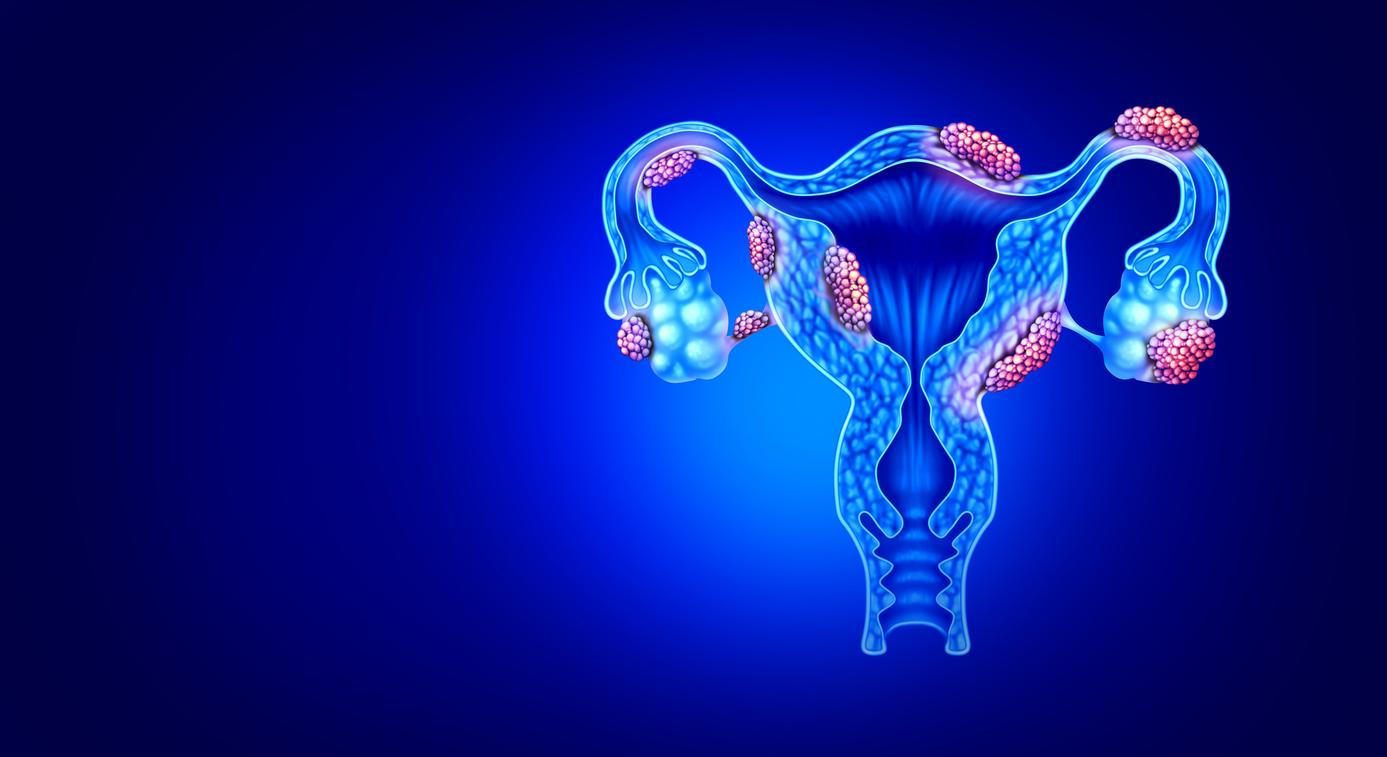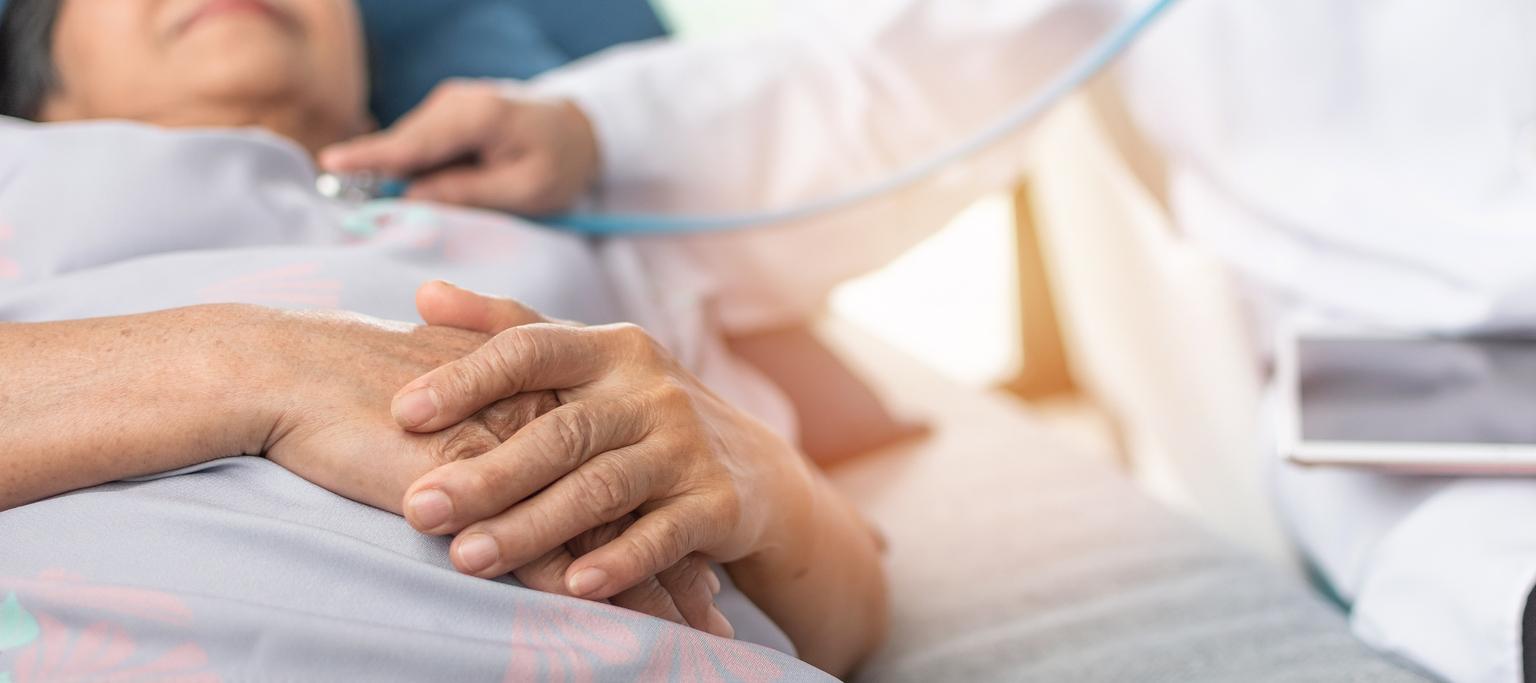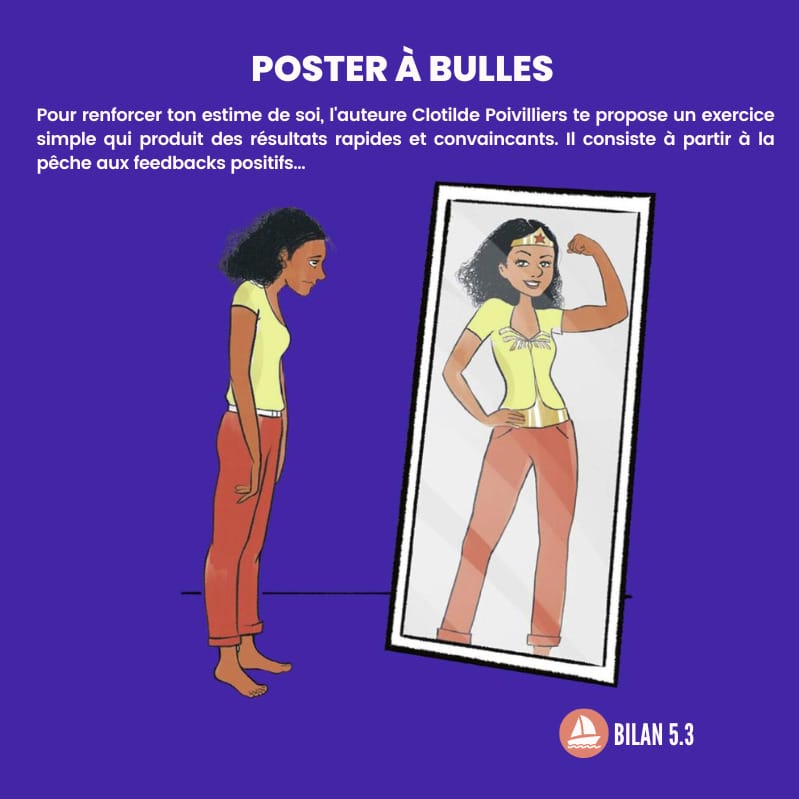
Eat and exercise better
An operation is a huge attack on the body. However, you can do a lot yourself to speed up recovery: exercise a lot and eat well. Before surgery, in the hospital and when you get home.
No one wants to have surgery, but sometimes it’s unavoidable. What you can avoid is that your condition deteriorates before the operation. Whether it’s a new hip, eye surgery or cancer, research shows: the fitter you go into the hospital, the better you come out. In addition, eating well is important, because it promotes recovery and reduces the risk of complications.
To move
How do you appear as fit and healthy as possible on the operating table? In some hospitals, patients visit a physical therapist twice a week prior to scheduled surgery to work on fitness and strength. It seems that these patients have fewer complications that require re-hospitalization. The effect of this ‘pre-validation’ on recovery is currently being investigated. Even if the hospital does not offer such a program, you can do a lot yourself.
Tip
Keep walking, cycling and exercising and try to do this a little more than before. Go to a gym. Or make an appointment with a physiotherapist for extra support; many supplementary insurance policies reimburse this.
Nutrition
Healthy eating is also important in preparation for surgery. People who have a disease among the members can be malnourished without knowing it. Malnutrition results in a lack of energy and nutrients in the body. As a result, muscle mass disappears and you lose weight. Malnourished patients recover more slowly from illness and surgery, have a lower resistance and are more likely to fall and complications such as infections. They also spend an average of one and a half days longer in the hospital. The risk of malnutrition increases if you have a disease among the members. This is because the need for nutrients increases as a result of the disease – especially for protein. The body needs these substances to maintain muscles and to ‘repair’ wounds.
Of the 50 to 85-year-olds who live at home, 1.2 percent are malnourished, according to the Central Bureau of Statistics (CBS). But malnutrition is much more common among patients who are admitted to hospital, according to the National Prevalence Measurement of Care (LPZ). Research in 2012 shows that 1 in 5 patients is malnourished (22 percent). In addition, another 1 in 5 (19 percent) are at risk of malnutrition because their weight is on the low side or because they have not or hardly eaten for a few days.
Tip
You can prevent malnutrition by eating a lot of protein-rich products: meat, fish, cheese, cottage cheese, milk, nuts and legumes. If you are sick or are about to have major surgery, it is important to continue to eat well. Less appetite? Eat smaller portions more often throughout the day and call the doctor or doctor if you (unintentionally) lose weight.
Checklist before being admitted to hospital
- Keep moving like you always did – and preferably a little more.
- If necessary, go to a gym or physiotherapist.
-
Eat plenty of protein to help your muscles and prevent unwanted weight loss.
In the hospital: strengthening
To move
The time has come: the day before the operation. Most patients in the hospital put on their pajamas and lie down. But by lying in bed all day, muscle mass decreases rapidly, and with it muscle strength and condition. After one day in bed you have already lost 5 percent of your muscle strength. And after a week in bed, it is difficult to get up from a chair. Muscle mass once lost cannot be quickly built up again, especially not if you are a bit older. Therefore, stay as active as possible. Exercise reduces the risk of complications such as bedsores, pneumonia and constipation.
Tip
Sometimes the hospital offers in-house TV broadcasts with exercises, there are exercise bikes on the ward, or volunteers come along to go for a walk with patients. After an operation, it is recommended to get out of bed within a few hours. You can also walk around with an IV or catheter.
Nutrition
For a long time it was customary to remain sober before an operation. Nowadays, the advice is to eat a light protein-rich meal six hours before an operation and, for example, to drink clear lemonade until two hours before an operation. Such a light meal and the lemonade are already gone from the stomach when the operation starts and they reduce the chance of limpness and nausea after the operation. Recovering from surgery can be compared to top sport. The body works overtime to repair the wound and that consumes energy. Losing weight after surgery may seem tempting (great, just lost a few pounds), but it is not fat tissue but muscle tissue that disappears. This is not favorable for recovery. After surgery, the need for proteins and calories is increased. The body needs protein to repair wounds and to rebuild muscle. Meat, fish, cheese, milk, cottage cheese, nuts and legumes contain a lot of protein.
Energy-rich food (with a lot of calories) ensures that the body can directly use the proteins for muscle building. If you do not consume enough calories, the body uses the proteins as an energy source and not as a building block to maintain the muscles. Therefore, try to eat as well as possible in the hospital. You need at least 1 gram of protein per kilogram of body weight. For example, if you weigh 70 kilos, you should consume at least 70 grams of protein daily. Preferably take a portion that contains a lot of protein per snack or meal: 25 to 30 grams of protein. Ask for extra dessert and eat a protein-rich snack before going to bed, because muscle building continues during the night.
Tip
In the best case scenario, you can decide for yourself when you eat something, but unfortunately this is only possible in one in ten hospitals. Also eat snacks in between. For many patients after surgery it is almost impossible to get enough protein from three main meals alone. Are there no snacks offered? Then ask the visitor to bring concentrates, such as semi-skimmed cottage cheese, nuts and peanuts, cheese and sausage.
Checklist for when you are in hospital
- Don’t just bring pajamas, but also bring comfortable clothing and shoes or sandals that are easy to put on and comfortable to walk on.
- Wear regular clothes every morning if you can.
- Only lie in bed to sleep.
- Have something to do when you sit, such as reading or completing puzzles.
- Try to go to the toilet, wash and dress yourself as soon as possible.
- Ask for help if you are unable to get out of bed on your own.
- Walk regularly along the corridor and take a detour with the visitors.
- Eat all meals at the table and not in bed.
- Eat a snack a few times a day.
- Report it if you are constipated or have little appetite.
Nutrition
Eating well is also important after returning home. If the appetite is lacking, divide the meals throughout the day and have, for example, six small meals instead of three large ones. Call in auxiliary troops if doing your own shopping or cooking is too much of a good thing.
Tip
Ask friends, family or neighbors if they can take turns shopping, bringing a meal, or cooking at your home. Groceries can also be ordered online from the supermarket and delivered to your home. Or try a meal service.
Checklist for when you’re back home
- Walk regularly. For example, start every day with a walk and try to extend that.
- Walk up and down the stairs a few more times. If that still doesn’t work, train the muscles by getting up from the chair a little more often and sitting down again.
- Eat plenty of meat, fish, dairy, cheese, nuts, legumes and other protein-rich snacks.
- Weigh yourself every week and call your doctor or doctor if you lose weight or have little appetite for more than a few days.
With thanks to Dr Marlieke Visser (policy advisor Research & Care) and Dr Jaap Dronkers (physiotherapist and sports scientist) from Gelderse Vallei Hospital in Ede. And to ir. Jan Oudenes (nursing consultant geriatrics at Radboudumc in Nijmegen).
Sources):
- Plus Magazine
















